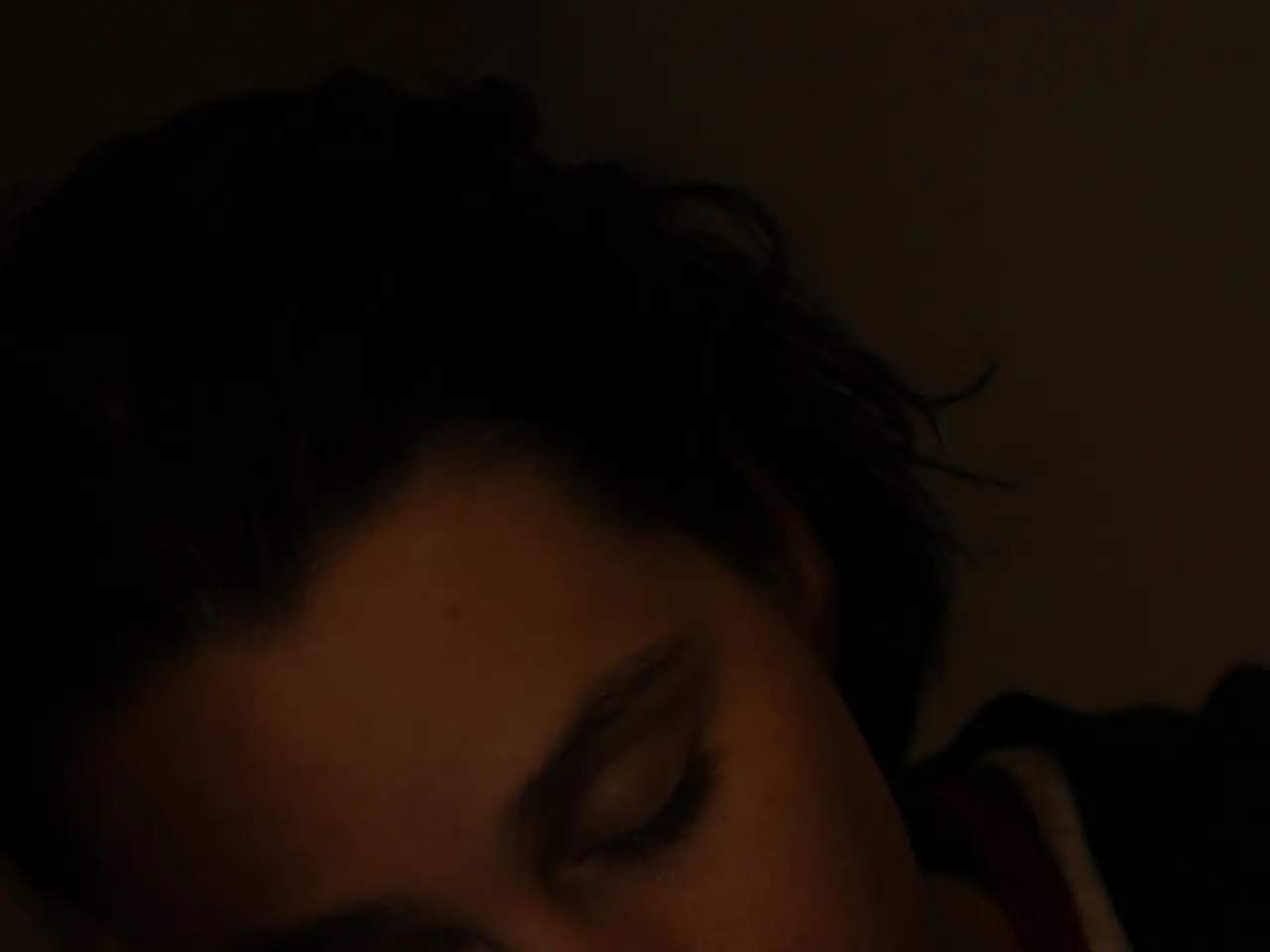One in Four Kiwis Struggle with Sleep Disorders: Expert
A recent night was disrupted for many New Zealanders, including myself, due to unexpected events. This experience highlights the importance of understanding sleep patterns and their impact on our health.
Approximately one in four Kiwis, around 25%, struggle with sleep disorders such as insomnia, sleep apnea, or restless legs syndrome. Dan Ford, a professional at Auckland's Sleep Well Clinic, can attest to this prevalence. While caffeine can aid alertness, consuming it late in the day can hinder the following night's sleep.
For those without a sleep disorder, a single poor night's sleep is unlikely to cause long-term issues. However, quality sleep plays a vital role in maintaining physical and mental health, bolstering the immune system, and reducing the risk of heart disease and diabetes. It also activates the brain's cleaning system, lowering the risk of dementia. Sticking to a regular sleep routine, even after a bad night, is advised. Power naps during the day can also help combat fatigue and improve alertness. However, after a poor night's sleep, it's best to avoid long drives and dangerous tasks at work.
Last night, I was awoken by a child calling out and later by a false fire alarm. These incidents serve as reminders of the importance of sleep for our overall well-being. Understanding and maintaining good sleep hygiene can significantly improve our daily lives and long-term health.







